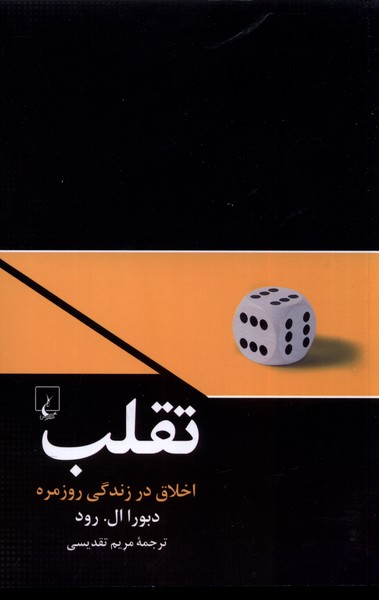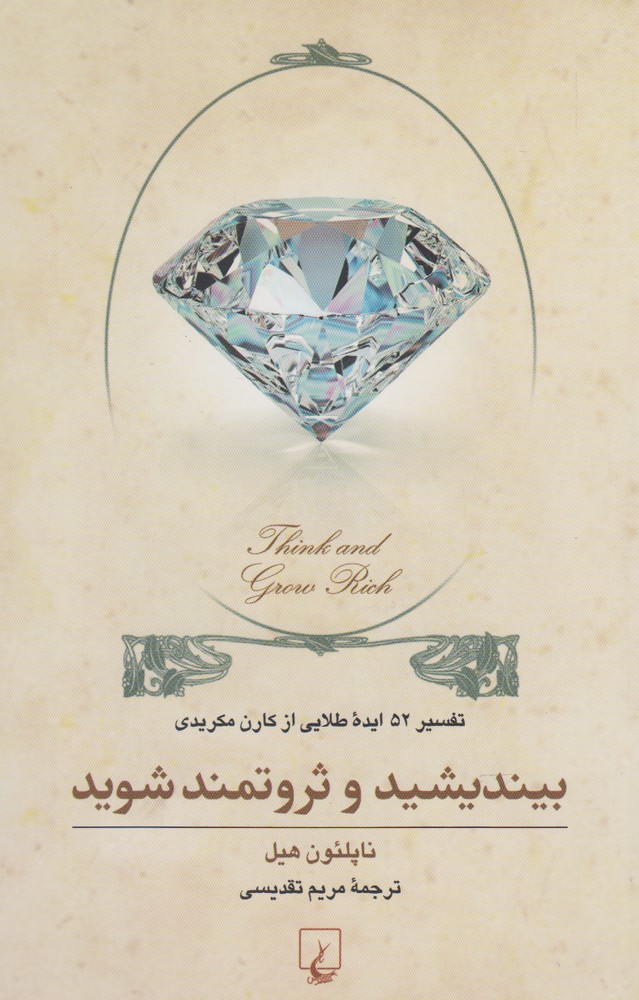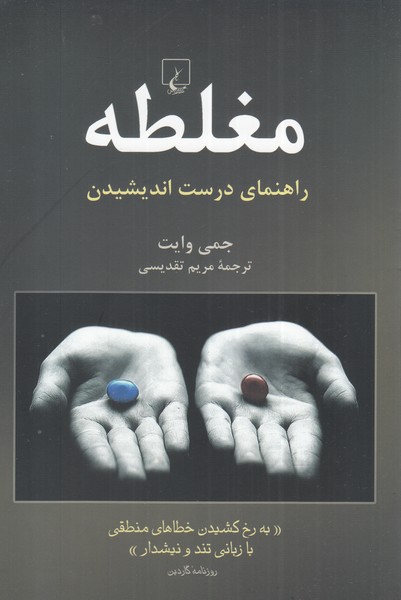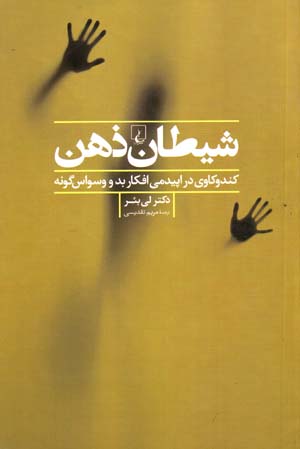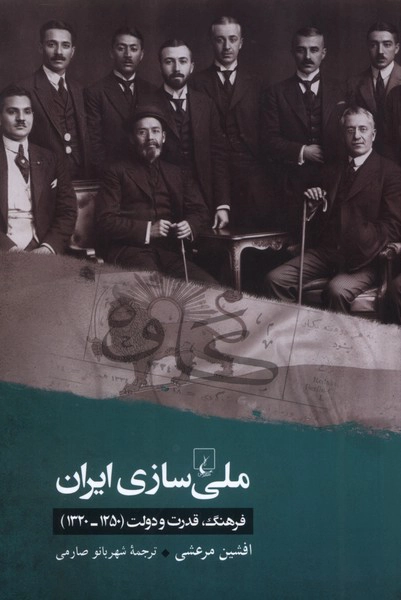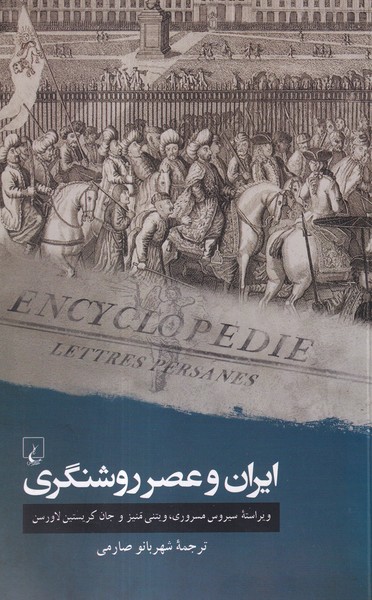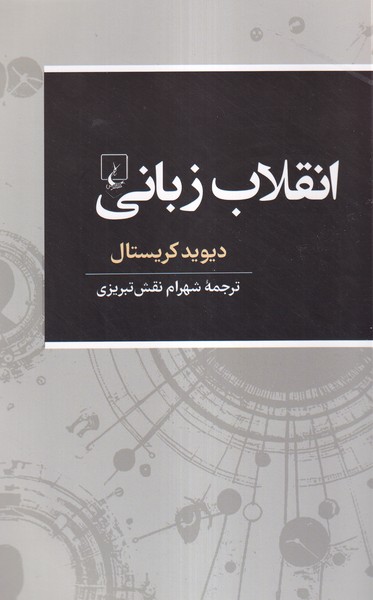Taqalub (Akhlāq dar Zindigī-yi Rūzmarah): Persiska (Farsi) 2023
تقلب (اخلاق در زندگی روزمره)
20,88 $
Dela
Wishlist
Originaltitel:
Cheating: Ethics in Everyday Life
ISBN:
9786220402923
Översättare:
Maryam Taqdīsī
Förlag:
Quqnus
Åldersgrupp:
Vuxen
Sidor:
335
Vikt:
364 g
Produktmått:
14 x 21 x 3 cm
Bokomslag:
Pocketbok
Cheating is deeply embedded in everyday life. The costs of the most common forms of cheating total close to a trillion dollars annually. Part of the problem is that many individuals fail to see such behavior as a serious problem. "Everyone does it" is a common rationalization and one that comes uncomfortably close to the truth. That perception is also self-perpetuating. The more that individuals believe that cheating is widespread, the easier it becomes to justify. Yet what is most notable about the analysis of the problem is how little there is of it. Whether or not Americans are cheating more, they appear to be worrying about it less.
In Cheating, eminent legal scholar Deborah L. Rhode offers the only recent comprehensive account of cheating in everyday life and the strategies necessary to address it. Because cheating is highly situational, Rhode drills down on its most common forms in sports, organizations, taxes, academia, copyright infringement, marriage, and insurance and mortgages.
Cheating also reviews strategies necessary to address the pervasiveness and persistence of cheating in these contexts. We need more cultural reinforcement of ethical conduct. Efforts need to begin early, with values education by parents, teachers, and other role models who can display and reinforce moral behaviors. Organizations need to create ethical cultures, in which informal norms, formal policies, and reward structures all promote integrity. People also need more moral triggers that remind them of their values. Equally important are more effective enforcement structures, including additional resources and stiffer sanctions. Finally, all of us need to take more responsibility for combatting cheating. We need not only to subject our conduct to more demanding standards but also to assume a greater obligation to prevent and report misconduct. Sustaining a culture that actively discourages cheating is a collective responsibility and one in which we all
have a substantial stake.
more
more

